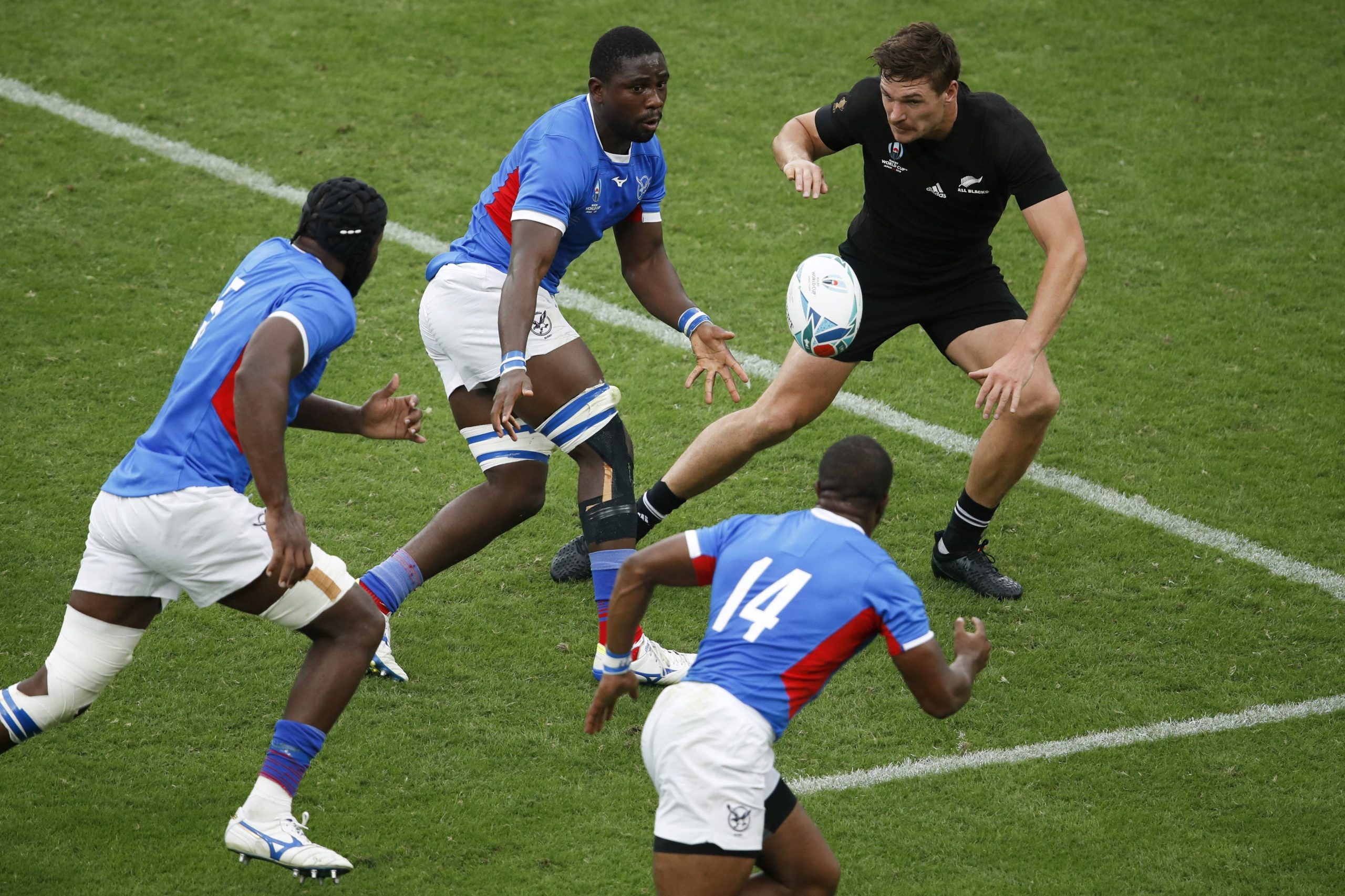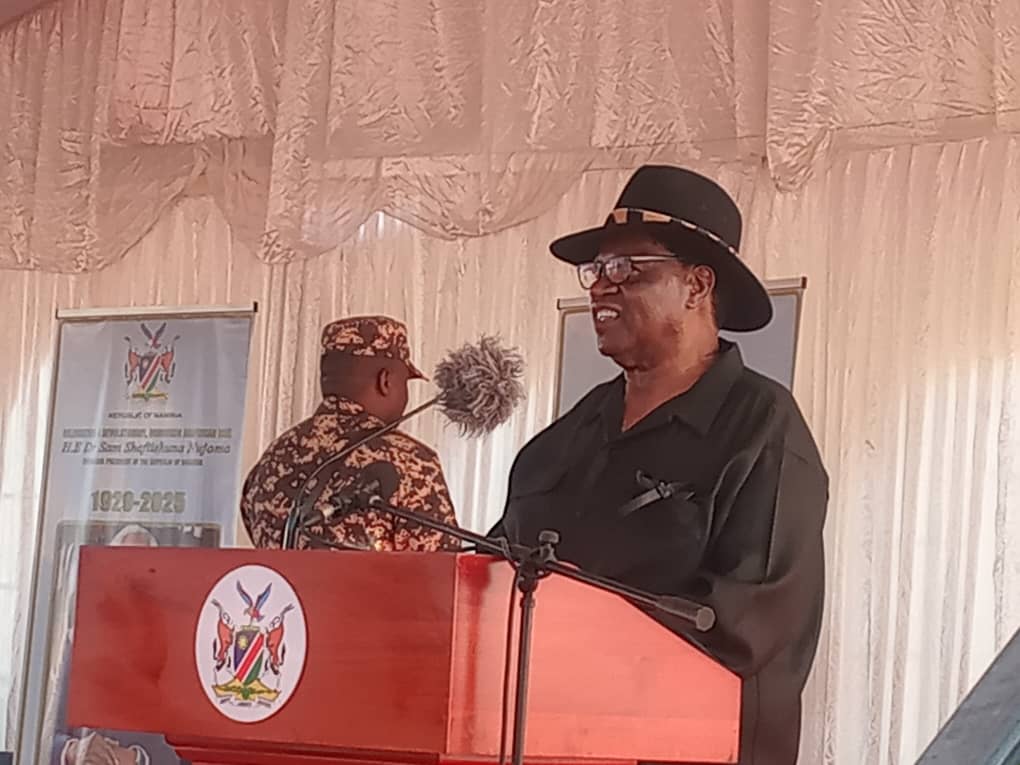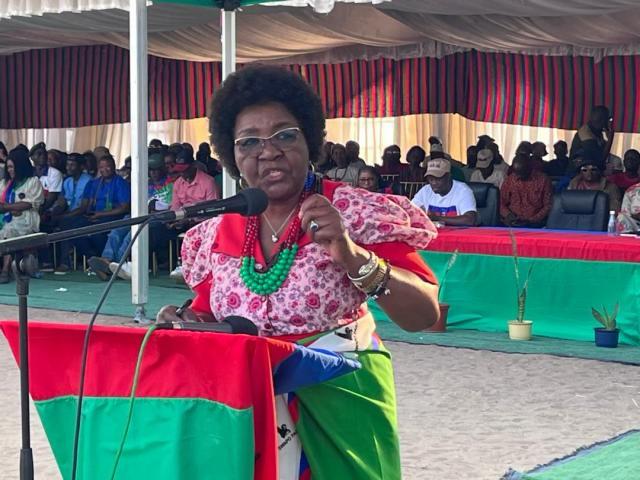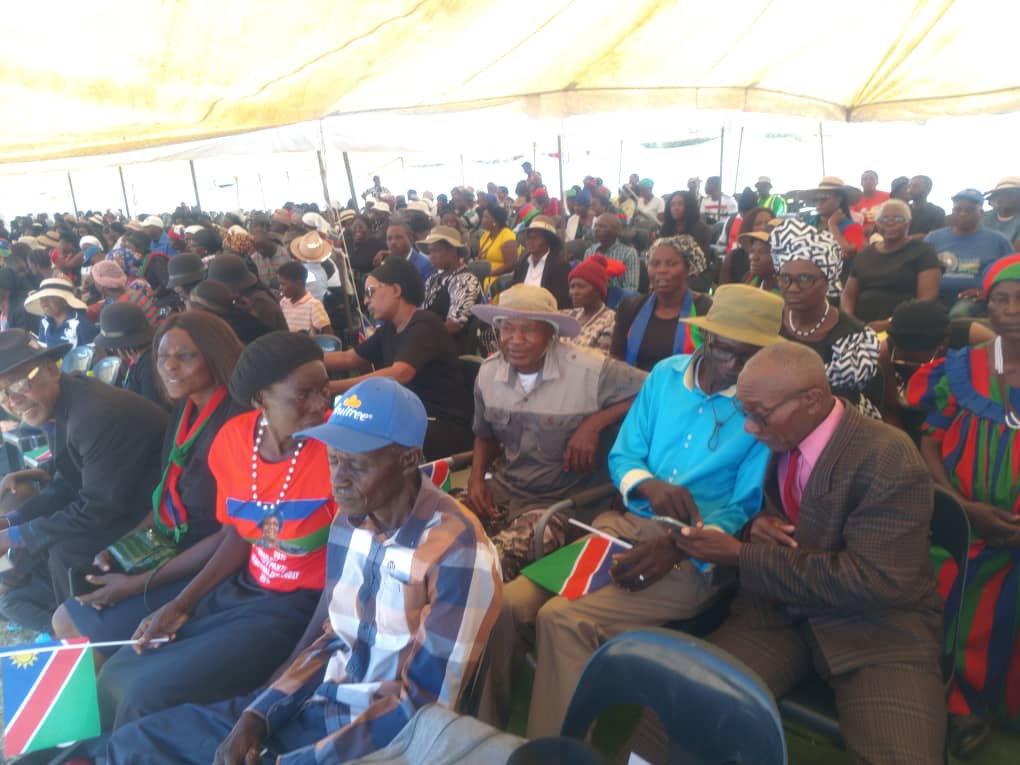Ditching the kicking game in favour of the ball in hand tactic may improve chances of success, says Namibian rugby head coach Chrysander Botha.
The latter style is more suitable as it comes naturally to the players at the technical team’s disposal, he says.
Adopting a direct approach is among a number of changes aimed at galvanising Namibian rugby as the senior men’s team prepares for the Rugby World Cup qualifiers in July.
Botha says running with the ball to attack the opposition’s defensive line, while utilising passing and evasive manoeuvres to create scoring opportunities has traditionally been Namibia’s strength.
However, the style of play changed with the appointment of foreign coaches and technical experts over the last decade.
“It’s all about implementing the way we want to play. Getting back that Namibian DNA where we used to be more affluent with running with the ball, instead of just adopting a kicking style which has been played over the last few years,” Botha said on Tuesday when plans of the new MTC Regional 15s tournament were made public.
“It’s all about implementing that DNA now and getting the guys to see the same picture we have in our heads.”
It is part of the vision devised by Namibia’s new director of rugby, the legendary Jacques Burger, who is arguably the best rugby player to have come from the country.
Upon taking office in November, Burger expressed the need to streamline operations to guarantee cohesion across the board.
Burger said it was important to try and develop a uniform coaching philosophy from schools level through to the national side.
“We want to work with the school and club coaches, to try and educate them as much as possible as well. I think that’s the main focus, trying to get as many coaches as possible some experience so that they can invest in the school boys as well and bring it through the junior levels to the senior levels,” Burger said then.
On Tuesday he added: “It’s a test of commitment and a test of discipline as well. And to be part of this group, we need to fight for each other and we need to be resilient. We need to work hard. Going back to the old school ways of starting early in the morning and finishing late at night, it shows that you want to be part of this setup. You want to be part of the future of Namibian rugby. And I’m extremely proud of everybody so far.”
As Namibia aims to secure qualification for the 2027 Rugby World Cup through reclaiming the Africa Cup in Uganda, preparations have taken centre stage. The senior national side is now in the second phase of its preparatory programme.
A group of 45 players have been training thrice a week since December in anticipation of the task that lies ahead.
These players form the core of home-based amateur stars who will be blended with the foreign-based legion for the continental qualifiers.
More players may be added to the setup depending on performances in the MTC Regional 15s.
Namibia will host South African union team Boland on 22 February in Windhoek, before taking on the Blue Bulls on 17 and 21 June.
Additional fixtures against a Barbarian side comprised of home-based players before the team leaves for Uganda is also in the works.
“The Namibia Rugby Union is dedicated to fostering a vibrant rugby culture and creating opportunities for players at all levels,” says Namibia Rugby Union chief executive John Heynes.
“As we host these pivotal events and initiatives, we remain committed to building a brighter future for the sport we all love. Together, we can advance rugby in Namibia and inspire the next generation of players and fans.”
Stay informed with The Namibian – your source for credible journalism. Get in-depth reporting and opinions for
only N$85 a month. Invest in journalism, invest in democracy –
Subscribe Now!










